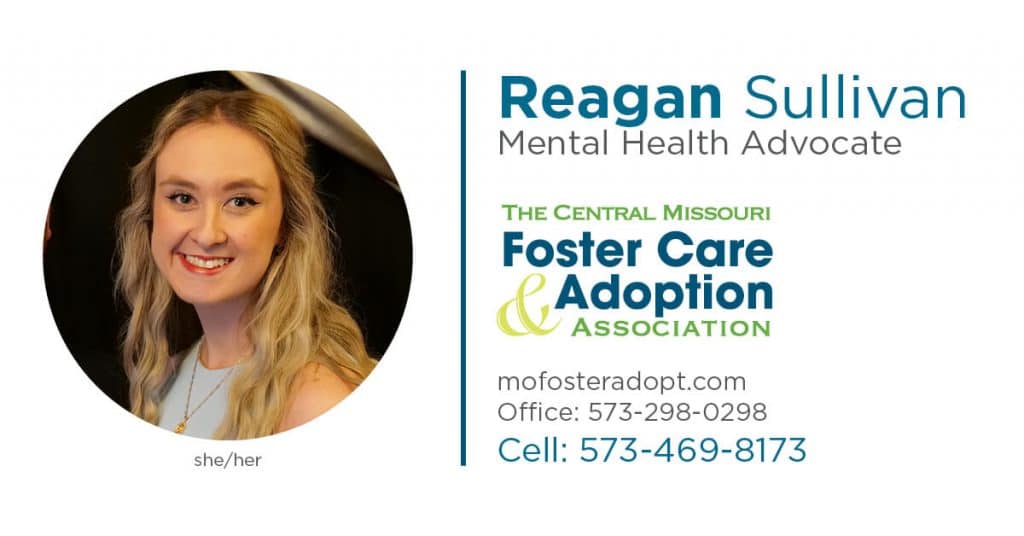Your child or teen comes to you breathing heavily, crying, struggling to breathe, and likely extremely upset or overwhelmed about something. They can’t get it under control and they need help. Their panic attack or anxiety attack is taking over and leading to exhaustion and Maybe you’ve been there too before, or maybe you haven’t. Either way, it can be hard to help someone else effectively calm down truly. So, what can you do that helps?

Each child is unique in their needs, in what works, and in how they prefer to handle things. Ask your child if they know what helps them most before a panic attack or the moment of intense anxiety even arises. Find out if they are a kid who likes hugs or if they prefer not to have anyone in their bubble. Figure out where their “happy place” is, or what their favorite things are (this can be a good distraction tactic for later).
Supporting your child’s mental health can be challenging. In general, however, there a few coping skills you can utilize to help calm your child during a panic attack or anxiety attack to help them feel more safe and secure.
Coping Skills to Help Your Child Calm Down From A Panic Attack
The 5-4-3-2-1 method
This one is an all-time favorite of mine. Gently and slowly, help your child to ground themselves by coming back to the present and focusing on what is right in front of them at this very moment. Ask them to discover the following:
Five things you can see.
Four things you can touch.
Three things you can hear.
Two things you can smell.
One thing you can taste.
You can change up the order depending on your surroundings at the time and what might work best, or you can eliminate some of the senses if that works too. The point is to just get your child to utilize their senses to recognize that their immediate safety is not in danger, that they are safe, and that it is okay to calm down.
Offer deep pressure
Now, this one depends on your child and their experiences with this. Talk to your child about this before trying it. Something as simple as a good tight hug can work well for this.

The goal is for your child’s brain to send signals to the body that they are safe and protected, and deep pressure such as a tight hug, heavy or weighted blanket, or a dog sitting on their lap can all help send this message to the brain. Think about tiny humans and how they want to be held frequently and tend to calm down once swaddled.
Offer a distraction
Talk to your child about something that they love or something that will make them laugh. Their brain is swirling with negative thoughts right now and feelings of panic and dread. Help interrupt that vicious cycle by putting different thoughts in your child’s head about something totally unrelated. If you’ve got some great dad jokes, this could be a great time to bust them out. Or, if you know they’d love to tell you more about how Hulk is the best superhero, invite that conversation now.
Take a walk

Movement is incredibly good for the body and brain for so many reasons. Taking a walk while feeling panicky can help release chemicals in the brain, such as dopamine and endorphins, which literally help you feel better. The fresh air can help cool off, and a change in scenery can help your child reset.
Ask if they want to talk about their anxiety or panic attack
Sometimes people want to process what makes them panic, and some don’t want to talk about it. Try not to assume, and instead ask them. See if they want to just vent or if they want solutions if age-appropriate. Allow them to control the conversation by determining where the conversation goes.
Anxiety and feelings of panic are exhausting feelings and truly wear out the brain and body. Please remind your child that they are safe and that they are okay. And, remind yourself the same. You and your kiddo are in this together. You can do this!
CMFCAA’s Advocacy Team
Navigating your child’s mental and behavioral health can be difficult. Don’t forget to take care of yourself, or maybe join a support group to talk with others experiencing similar situations.

**This is not to be considered professional advice. Please seek help with a professional licensed counselor or social worker to find what works best for you and your family.**

